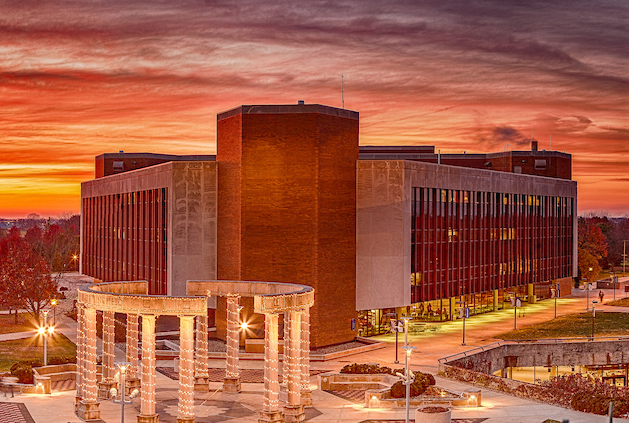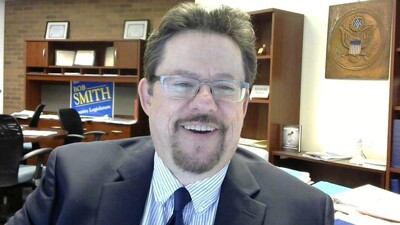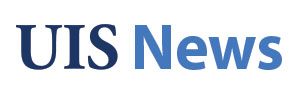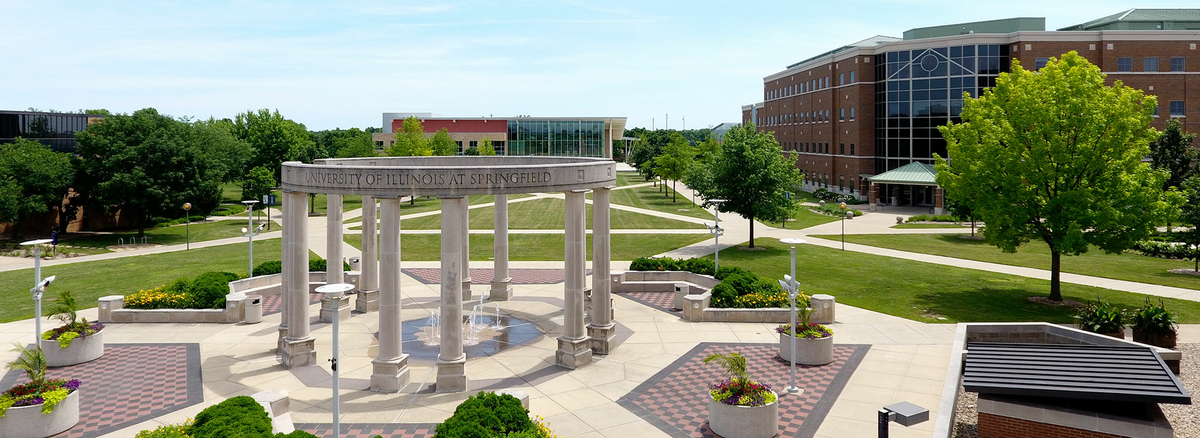
August Public Affairs Minute from Dean Robert Smith
The Value of Education in Public Affairs for Balancing Truth and Emotions in the 21st Century
Human beings are frail and susceptible to any number of environmental, interpersonal and societal influences. That is still our nature despite our growth in intellect and sophistication and our lessons of history. Many in the sciences and medicine are still trying to discover and sort out how we think, feel, process and socialize with one another. There is much to learn about individual and group interactions in society.
In the meantime, disciplines reflected in our College – be that political science, environmental studies, human services, public health or public administration, to name a few – deal with the interface between knowledge and science, as well as human behavior and social interactions. Those of us in more professionally oriented fields sometimes miss the reality that no matter our knowledge base or what evidence we submit, we are still working with human beings with all their faults and limitations. Our solutions based on science, management, technology and applications to solve problems often run into these human frailties. Just look at the nature of politics today: We govern by innuendo and partisan and petty loyalties; we discount facts; and still discriminate by gender, race, income, regions of the country and even political beliefs.
This seeming malaise has spread across all elements of our culture and economic and social life. There are many reasons for this, and some will cite the 2000 elections and its participants and theater as the reason we have taken such a negative turn in 2020-21. Others will combine this with the terrible COVID-19 pandemic, which lingers despite a proven vaccine. Still others will point out the role of the media (positive and negative) in shaping or distorting views. More significant is the rise of distrust in others, erosion of some established democratic institutions and beliefs, and polarized citizens unable to reason together whether on the neighborhood block, the local park, community center, hospital, shopping center, city hall, classrooms or even in the family living room.
Is there a fix or a solution or a path forward?
All I can do is to point out that students and graduates of our programs may be in the best position to restore reasonableness, civility and rationality to our democratic system of government and more. Our courses and degrees prepare students for careers where they analyze problems, develop policies, serve citizens and provide leadership in Illinois, the nation and even worldwide. Your degrees and education through this College and University set the standard to understand public life, participate in public affairs and lead our systems of government, and to foster principles of democracy in the United States and elsewhere. These are precisely the missing ingredients in our current political discourse and policymaking. Frankly, we need more graduates of the College of Public Affairs and Administration – and UIS in particular – now more than ever.
With that as our foundation, our College continues to build on this foundation of knowledge and professional competence with programs, degrees and engagement aimed at enabling citizens to apply their education, training and abilities toward building open, ethical, efficient and accountable public services across the range of our disciplines. Our focus here in CPAA is future-focused and centred on the age-old mandate of “speaking truth to power.”
During the next year, students, alumni and stakeholders will see new degrees, new College units, more applied research, and expanded public engagement and partnerships across the Capital City, region, state, Midwest and nation.
Let me share a glimpse of “some” of those expected developments in the next year and near-term future:
The College will be expanded to include units like a School of Education, a School of Public Policy and Management, and a School of Politics and International Affairs, as well as continue to include many familiar units. A new degree in Urban Planning and Management will soon be launched. Our new Master’s in Public Policy will be launching this next academic year.
The Springfield Hub of the DPI/INN is expected to be located downtown near the Capitol; the space will contain working laboratories geared toward developing business enterprises, social innovation and a policy lab to provide real-time data analytics and visualization to develop and implement public policies for the entire state.
The College and University will not stop there: A new 3+3 program with the University of Chicago John Marshall Law School has recently been completed and will be accepting students soon. Other new curricula will be launched too.
Other planned developments closely associated with the College include An Innovation/Policy Laboratory; the Government Policy Garage; the Public Policy Innovation Awards Program; Field-based Graduate Research Teams; the Mayoral Leadership in Policy Network and the Project on Municipal Innovation. We are even discussing with the state a new Computing Center.
Moreover, we are in the middle of a campaign to boost the profile of the College in the Capital City. We want to expand and enhance our social media and web profile to boost our relevance and value to the region and state. These are just some of the exciting initiatives that are in the pipeline or poised to be launched as a result of this renewed focus on the College’s applied research capabilities and talents - specifically, having faculty, staff and students involved in action-oriented projects and partnerships involving state and local government agencies, nonprofits and private sector partners.
This College and UIS are not sitting on the sidelines. We have always been partners with our stakeholders, but now it is time to elevate our role and be proactive partners in the community, state and region we call home. The umbrella of the University of Illinois System is broad, powerful and inclusive – and it is who we are. This synergy will drive our future in the next two years and in the next 10 here in our Capital City and state.
Stay tuned and come along for the ride!
__________

Robert W. Smith, PhD, is a full professor in the Department of Public Administration and currently serves as the Dean of the College of Public Affairs and Administration. He holds a PhD and an MPA in Public Administration from the University at Albany (SUNY) and a BA in History/Political Science from the College of Saint Rose.
___________



